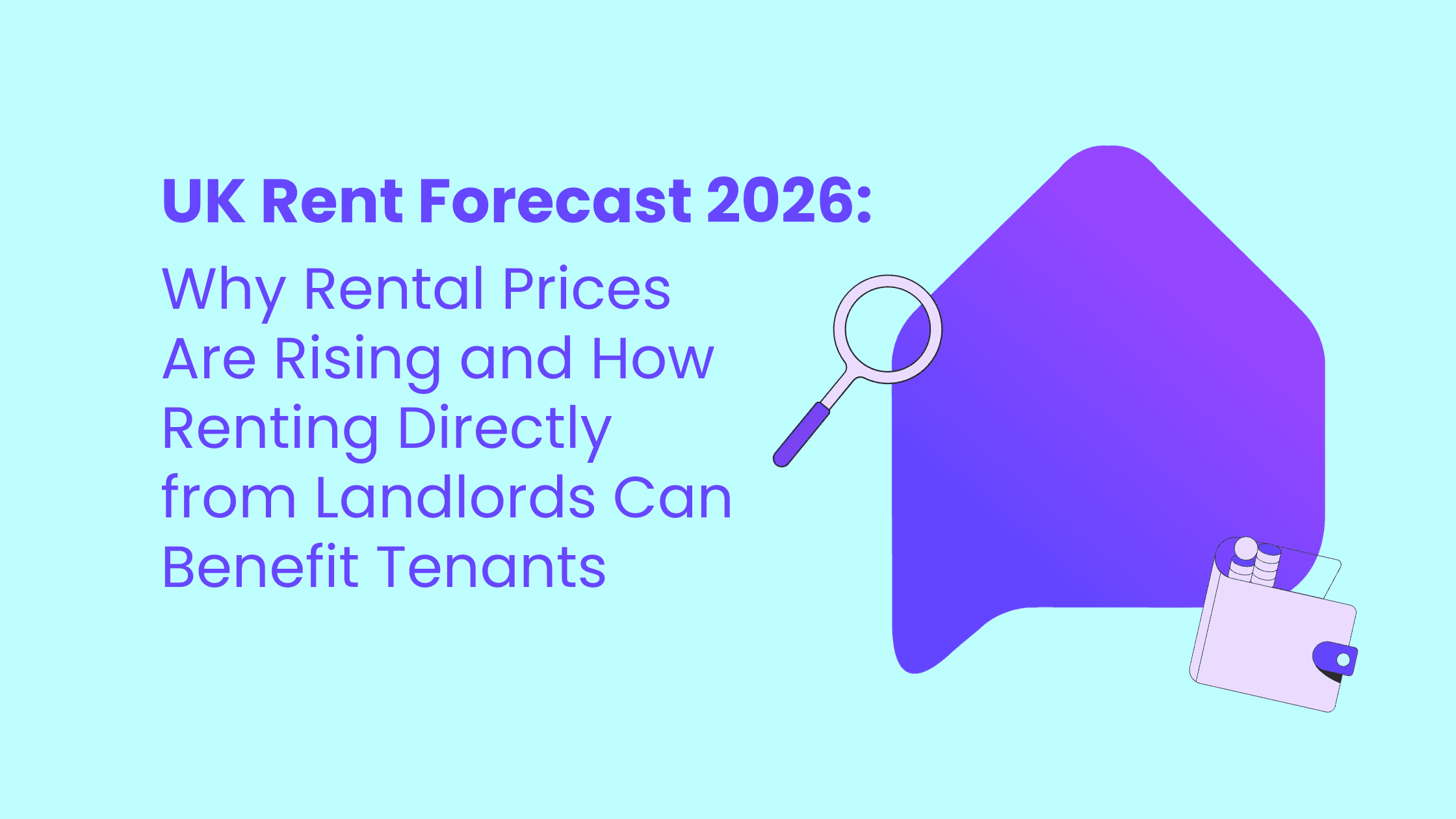Renters’ Rights Bill 2025: What Landlords & Tenants Need to Know
10 Sept 2025
The Renters’ Rights Bill will transform renting from 2026. Learn what it means for landlords and tenants: no-fault eviction ban, rolling contracts, rent caps, and more.
The Renters’ Rights Bill: What It Means for Landlords and Tenants
The Renters’ Rights Bill, expected to receive Royal Assent in Autumn 2025 and come into effect in 2026, is the most significant reform to the private rental sector in over 30 years.
Whether you’re a landlord or a tenant, it’s important to understand what’s changing, how it will affect you, and what steps you can take to prepare.
One month on from our last update at Homesty have reflected and gained more insight and market comments from government officials and media outlets. See our last update below:
what-is-the-renters-rights-bill
Here’s Homesty’s updated guide to the key changes — and what they mean in practice.
Key Changes in the Renters’ Rights Bill
1. End of No-Fault Evictions (Section 21)
Section 21 “no-fault” evictions will be abolished. Landlords will now need valid grounds under Section 8, such as:
Selling the property
Landlord/family needing to move in
Rent arrears
Former Housing Secretary (Resigned 5th September 2025) Angela Rayner called this change “a once-in-a-generation reset that ends the era where renters could lose their homes with no explanation at all.”

2. Rolling Contracts Replace Fixed-Term Tenancies
All Assured Shorthold Tenancies (ASTs) will automatically become rolling, periodic contracts.
For tenants: Greater flexibility to move with standard notice.
For landlords: Easier to adapt to changing circumstances, but harder to “lock in” tenants for a fixed term.
Polly Neate, Chief Executive of Shelter, said: “Renters have been trapped in a system weighted against them for decades. Periodic contracts give people greater stability and the ability to plan their lives.”
3. No More Rental Bidding Wars
Landlords cannot accept offers above the advertised rental price.
This levels the playing field, ensuring that tenants aren’t pressured into outbidding each other.
Generation Rent commented: “For too long, desperate renters have been forced into bidding wars. This measure finally makes renting fairer and more transparent.”

4. Limits on Rent Increases
Rent can only be increased once per year.
Increases must be in line with the local market rate.
Tenants can challenge unfair rises via the First-tier Tribunal.
The government has said: “This stops landlords from using rent hikes as a backdoor eviction tool, while still allowing fair returns.”
5. Expanded Tenant Rights
The Bill also strengthens protections:
No discrimination against tenants on benefits or with children.
Right to request pets, with landlords only able to refuse on fair grounds (e.g., property type, insurance).
Dogs Trust noted: “Renters should not have to give up their pets to find a home. This reform means fewer heartbreaking choices.”
6. Decent Homes Standard in the Private Sector
For the first time, private landlords must meet the Decent Homes Standard — ensuring properties are safe, warm, and free from serious hazards.
The Department for Levelling Up, Housing and Communities stated: “No renter should live in unsafe, damp, or cold conditions. This sets a baseline standard for all homes.”
7. New Ombudsman and Landlord Database
A dedicated Private Rental Ombudsman will give tenants a faster, easier way to resolve disputes without going to court.
A new central landlord register will increase transparency and accountability.
The National Residential Landlords Association (NRLA) cautiously welcomed this, saying: “We support measures that improve professionalism in the sector, provided they are backed by fair enforcement.”
Why It Matters for Homesty Users
Area | What’s Changing | Impact on You |
|---|---|---|
Evictions | No-fault (s21) abolished | Tenants more secure, landlords need valid grounds |
Contracts | All rolling | Flexible tenancies, aligned with Homesty |
Rent Pricing | No bids over advertised | Landlords must price fairly from the start |
Rent Increases | Capped annually | Predictable costs, less churn |
Tenant Rights | Broader protections | More inclusive market, more tenant choice |
Disputes | Ombudsman | Faster resolution, less legal cost |
When Will the Changes Happen?
Royal Assent: Expected Autumn 2025
Implementation: Early/mid 2026
All changes at once: The government has confirmed a “Big Bang” rollout rather than phasing
How Homesty Helps You Prepare
At Homesty, we’re already built around many of these reforms:
Fair pricing — transparent, fixed-fee listings
In-app documentation — everything from contracts to inventories stored digitally
Tenant-first design — secure payments, protected deposits, and clear communication
What Should You Do Now?
Landlords: Review your tenancy agreements and pricing strategies now to stay compliant.
Tenants: Know your rights — especially around no-fault evictions and rent increases.
Everyone: Get familiar with digital tools (like Homesty) to streamline communication, contracts, and disputes.
Newsletter
Enjoyed this read? Subscribe.
Discover design insights, project updates, and tips to elevate your work straight to your inbox.
Unsubscribe at any time
Updated on
10 Sept 2025




